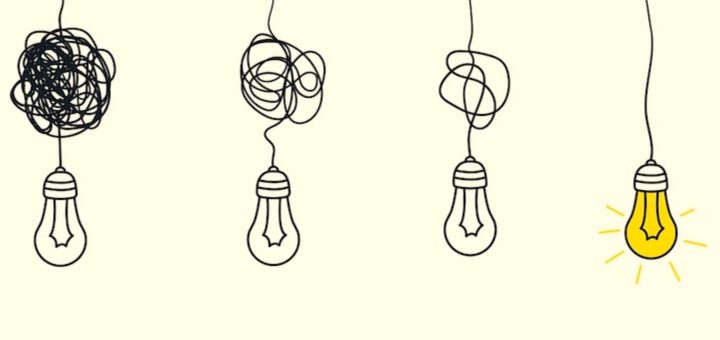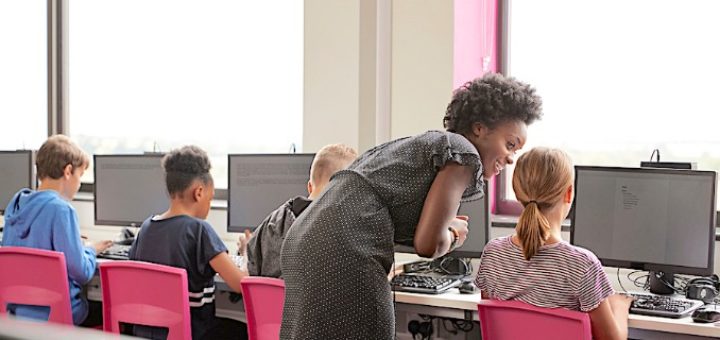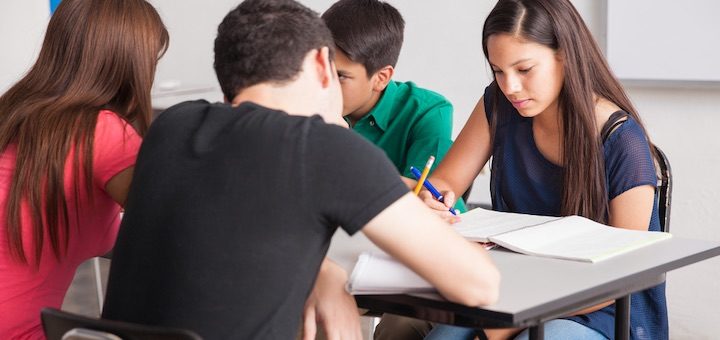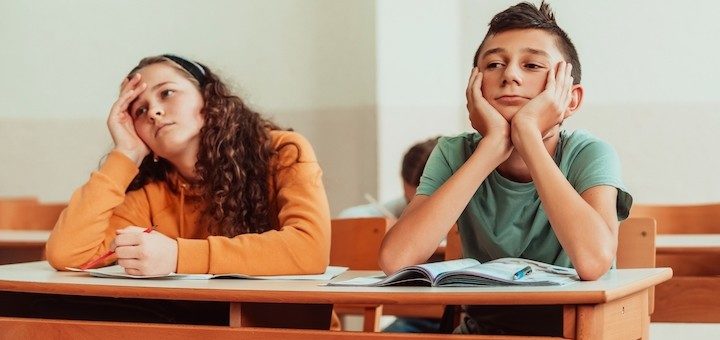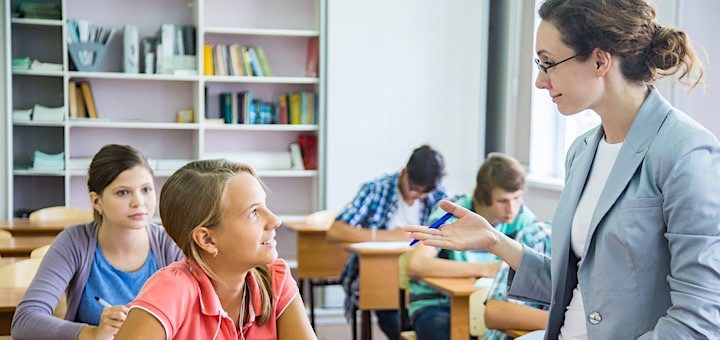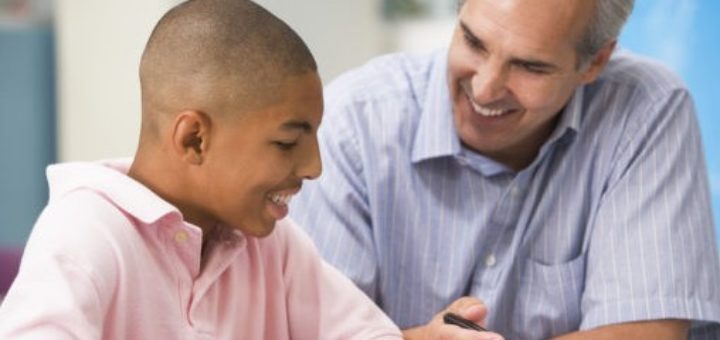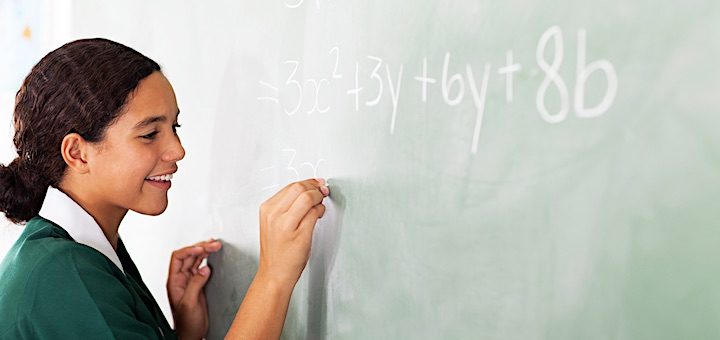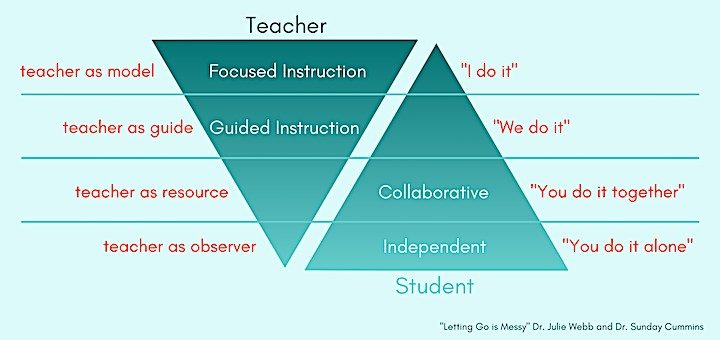Category: Letting Go Is Messy
Letting go is messy! As Sunday Cummins and Julie Webb wrap up a 10-part exploration of the gradual release of responsibility, they encourage teachers to ensure kids participate actively in every phase of GRR, as we observe them closely, remain nimble, and practice flexibility.
The “You do” phase of Gradual Release of Responsibility should give students many opportunities to reveal signs of mastery and indicators of readiness, with teachers serving in the role of “active observers.” Experts Sunday Cummins and Julie Webb guide us through the process.
Ideally, the “you do together” phase of GRR is a student-led experience that acts as a catalyst for learning. But how often does this kind of student interaction really happen in classrooms? Cummins and Webb consider what teachers can do to foster true collaboration.
Sometimes things fall apart when we’re trying to implement the gradual release of responsibility. Students struggle unproductively. Our guided and independent practice falls flat. Experts Cummins and Webb offer strategies to recalibrate or even restart when GRR goes awry.
During reading instruction, implementing the “guided practice” part of Gradual Release of Responsibility can be tricky. Sunday Cummins and Julie Webb offer ways to select appropriately challenging texts and then provide guidance during conferences with students.
When students tackle fact-rich texts, teachers may need to shift into focused instruction mode, modeling the strategic processing nonfiction readers use to make sense of new information. Cummins and Webb share a teacher-student partnership scenario.
Throughout the gradual release of responsibility we want students to be in control of their learning. Each phase is a partnership, with teacher as facilitator and student as agent. Cummins and Webb show how this works to produce an instructional journey with maximum benefit.
Teachers can capitalize on what our students already know and can do by purposely choosing to employ the independent “You do” phase of the gradual release of responsibility (GRR) at the start. Sunday Cummins and Julie Webb show how this strategy can build student agency.
Sunday Cummins and Julie Webb lay out the established roles teachers play in the Gradual Release of Responsibility classroom and then look into the complexity of GRR as teachers do a lot behind the scenes to manage the process, adjusting to students’ needs in real time.
Letting Go Is Messy will explore ins and outs of gradually releasing responsibility. Join literacy coaches Sunday Cummins and Julie Webb as they blog about strategies to help teachers make the critical decisions necessary to nurture each student’s sense of agency and identity.

